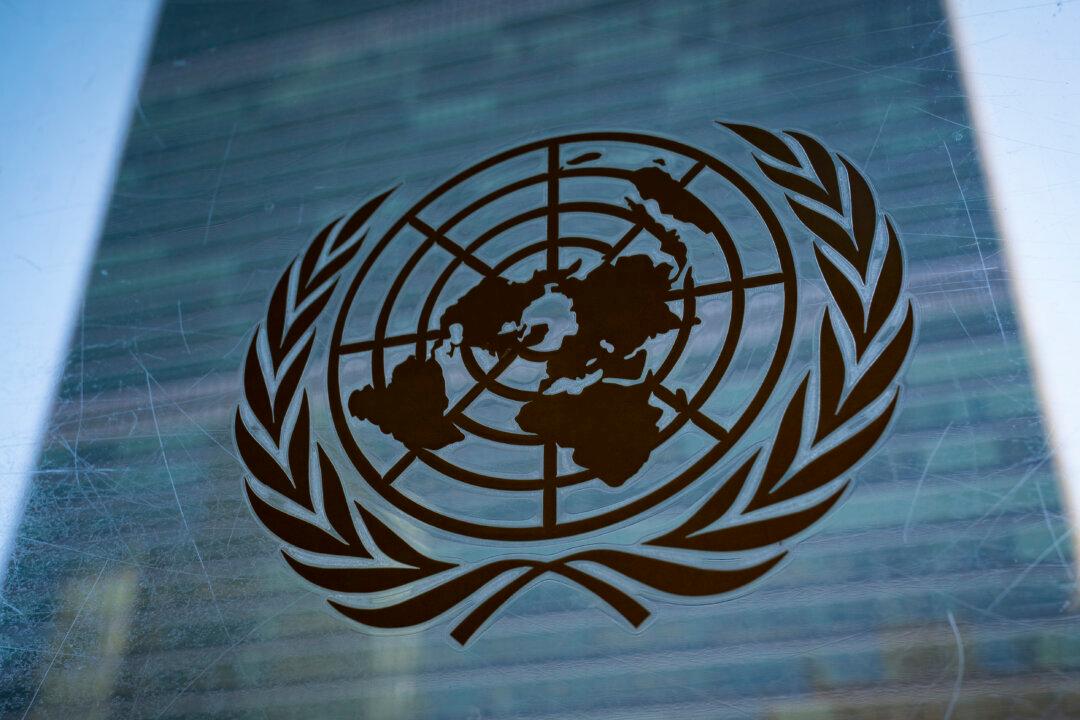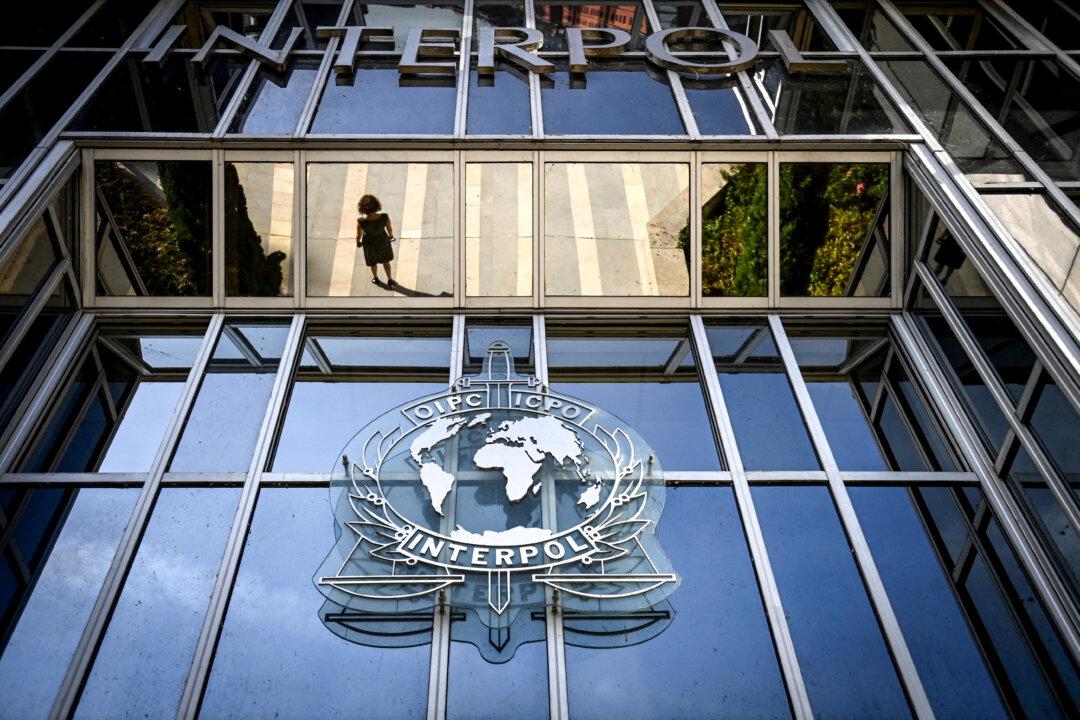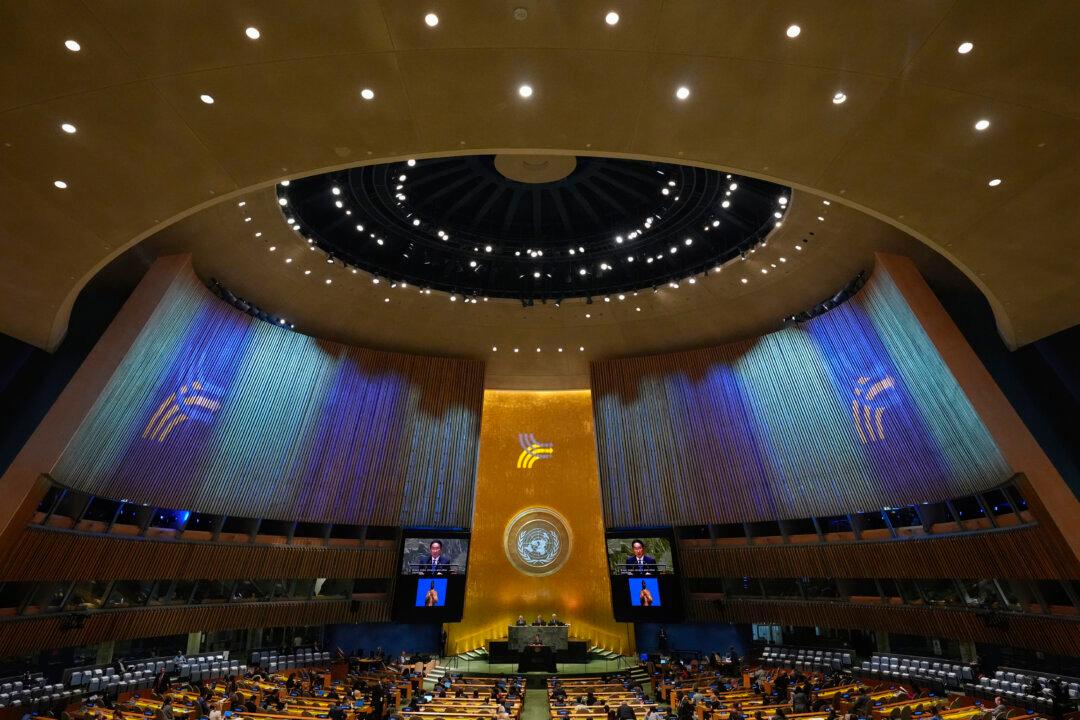Commentary
As heads of states and delegates worldwide gather in New York for the 79th U.N. General Assembly (UNGA), the foundations upon which it is built have become more precarious than ever. Ongoing wars, disinformation campaigns, and cases of electoral interference are challenging the international rules-based order and presenting acute threats against long-term peace, sustainability, and prosperity.



